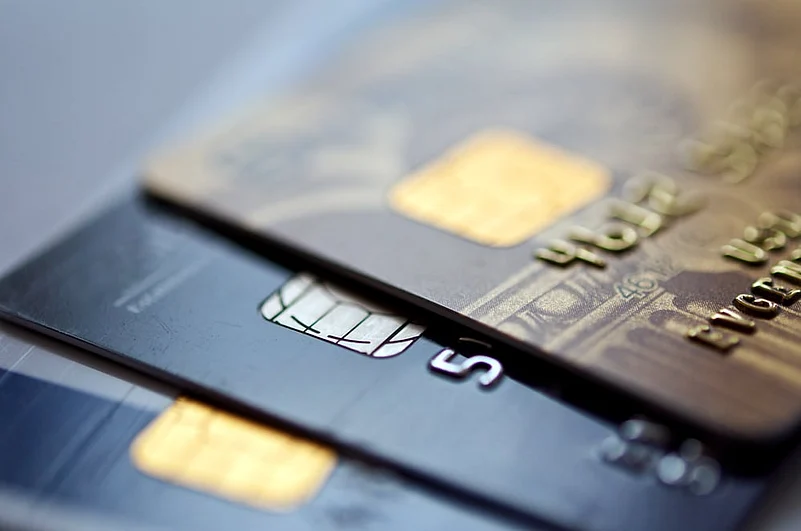A credit card provides flexibility in managing expenses, but it’s important to understand that credit card limits can be adjusted by the card issuer for various reasons.
An unexpected cut in your credit limit can prevent you from making big ticket purchases and can potentially have an impact on your overall credit score. Here's a look at the five top factors that can reduce your credit card limit.
Inactive Card: If your credit card remains unused for an extended period of time, the card issuer might consider it useless. Banks prefer active accounts since they earn transaction fees and interest on revolving credit or late payments.
Hence, if you hold an inactive card, there are chances that the card issuer might decrease or even cut off your credit limit. So, it's crucial to make frequent purchases and keep your card active to prevent this.
Financial Instability: At the time of economic uncertainty or financial crisis, credit card issuers usually reduce credit limits to manage risk.
A downturn in financial stability may lead to a rise in default rates and increase in consumer financial strain. Even if your personal finances remain stable, your credit limit could be reduced if you are affected by the broader macroeconomic financial challenges.
Unexplained Increase In Credit Usage: If your credit card usage suddenly increases without any apparent explanation, the card issuer could get suspicious.
A frequent and unknown increase in your credit card spending can indicate financial stress to issuers which can make them reconsider and cut down your credit limit.
As card issuers keep track of usage patterns, they can lower your credit limit as a precaution if you suddenly change your behavior. Always try to maintain a consistent and manageable spending pattern to avoid this.
High Credit Utilisation Ratio: The credit usage ratio is the percentage of your credit limit that you use at any one time. If this percentage is regularly high, it means you are relying significantly on credit which could signify financial difficulty.
Card issuers usually like credit utilisation rates below 30 per cent. If you repeatedly exceed this threshold, lenders may consider you as a higher-risk borrower, and thus, lower your credit limit.
Missed Or Late Payments: Paying your credit card bills late can have a severe negative impact on your credit score and relationship with the card issuer.
If you consistently skip or make late payments, then issuers will most likely reduce your credit limit or raise your rate of interest. To preserve your credit limit and prevent the financial repercussions of default on your card, it's better that you continue to make timely and consistent repayments.
What To Do If Your Limit Reduces
If you observe that your credit limit has reduced, as a first, you should call your bank's customer service to find out why this happened. If there was a mistake, this might be the chance to correct any problems that affected your creditworthiness, such as missed payments or others. The bank may decide to restore your credit limit once this problem has been resolved.










